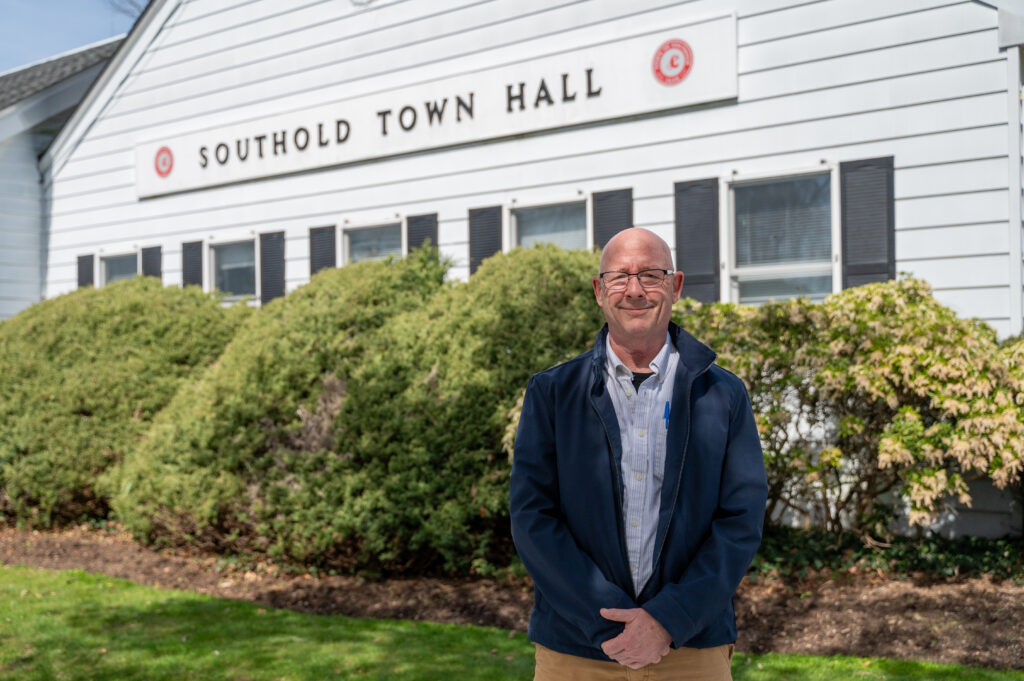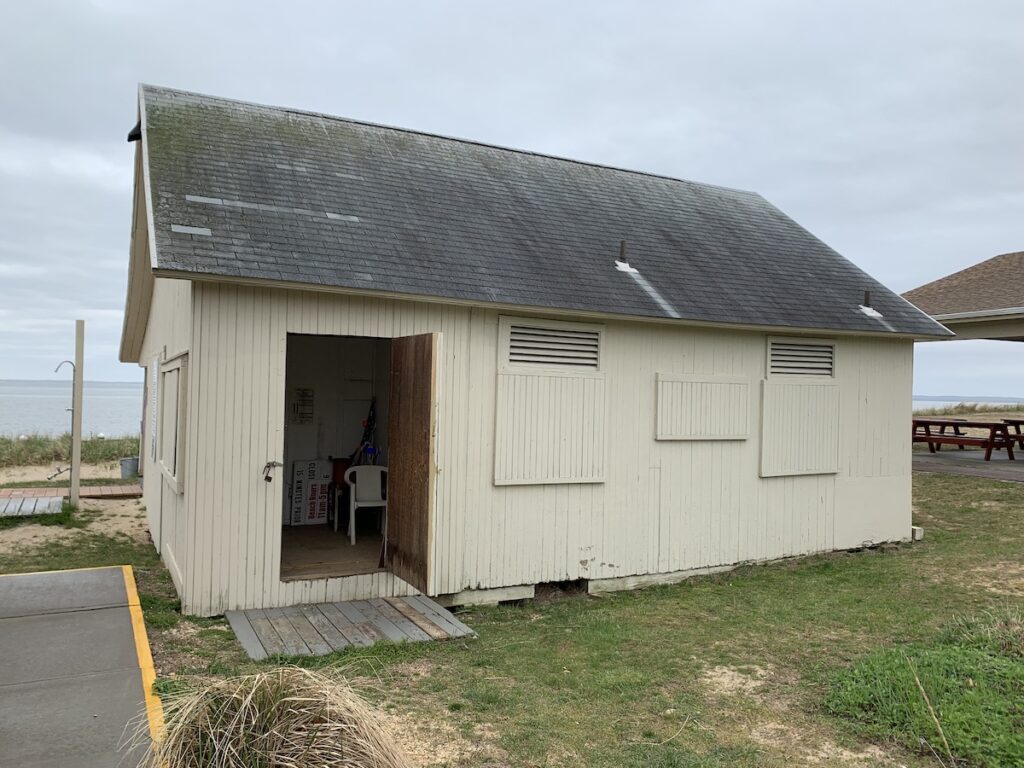Oysterponds Historical Society moves to better understand slave history

The Oysterponds Historical Society is taking a big step toward a more complete understanding of history as it begins a study of a slave burial ground on Narrow River Road in Orient.
Critics have long said that the study of Southold and Riverhead’s history ignored slavery, the fate of the Native people who lived here after Europeans arrived in 1640, and the harsh reality of the dozens of farm labor camps in both towns inhabited largely by southern-born African-Americans.
These critics said earlier town historians and historical societies were only interested in the family histories of European settlers and their descendants.
In Orient, that is about to change.
In a newsletter that ties together the understanding of the past with America’s present reality, the Oysterponds Historical Society said on Friday it would begin a study of the site in an effort to find answers as to who is buried there. The historical society has removed a plaque at the Narrow River Road site after “concerns have been expressed that the plaque ignored the cruel realities of slavery and slave ownership.” A new, more accurate plaque will eventually replace it.
The society “is dedicated to preserving and sharing the history of our community. We seek to understand where we have been and where we are going. Essential to that role is a quest for accuracy, and sensitivity to the impact of that history on our society.”
The plaque noted that about 20 slaves were buried at the site along with the remains of Dr. Seth Tuthill, proprietor of Hog Pond Farm, and his wife, Maria. They died in 1850 and 1840, respectively. The site’s marker states it was the couple’s “wish that they be buried with their former servants.”

“For some time, there has been a question about the accuracy of the information – is anyone buried there, if so, who, how many people, the relationship among them,” the historical society said in its newsletter.
“We have a duty as an historical society to get it right. We have an obligation as a community to be aware of our history, to know how it has shaped our culture, for good and bad. Today our entire nation is being challenged to comprehend the enduring, insidious effects that centuries of slavery and centuries of ongoing oppression of African Americans have imposed. We are struggling to understand the lingering racism and discrimination growing out of our history that affects all of us in one way or another. We are striving to overcome it. We must try to get it right.”
To that end, the society will try to learn more about the slave burying ground “and the entire history of slavery in Oysterponds.” The goal, the society said, is research to determine “whether this is a resting place, for whom, and their place in our community. We must tell the truth about the slavery that did exist here and the people who lived under that horrific practice.
“Our next step is to begin a careful study of that chapter of our history and find ways to tell the important story of the lives shaped by slavery. We need to find a permanent place in our collection for evidence of that era. It is our job to remember and tell the truth.”








